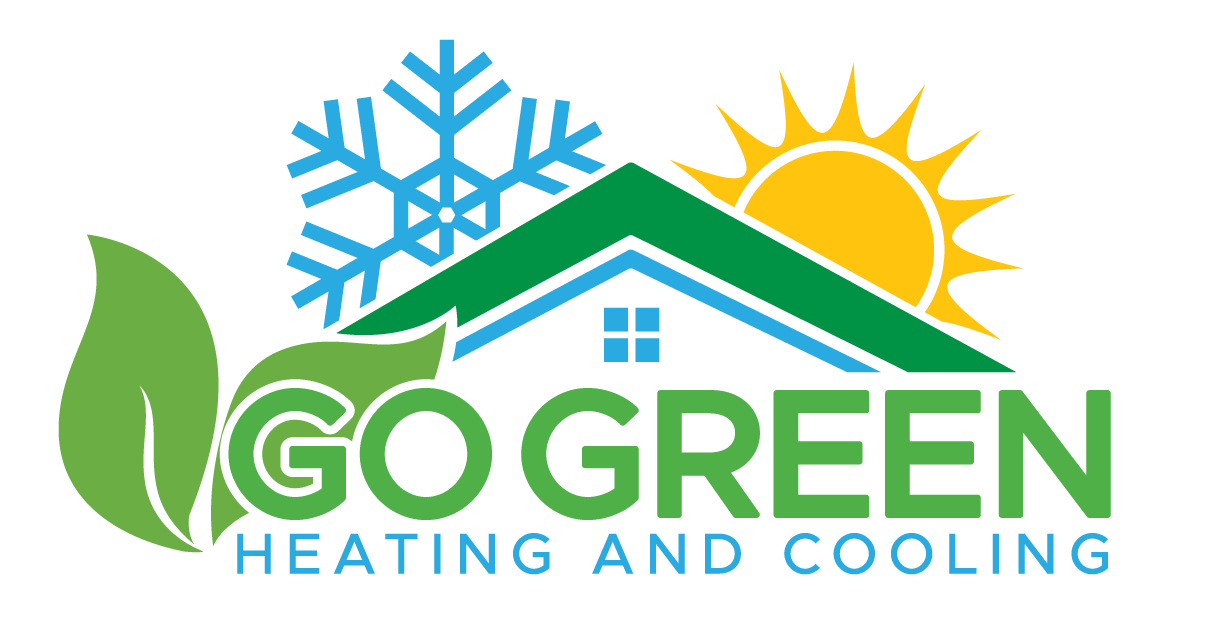Understanding Indoor Air Quality (IAQ):
The term “indoor air quality” (IAQ) describes how hygienic and healthy the air is within a house or business. Allergies, respiratory problems, and other health issues can result from low IAQ. By filtering pollutants and controlling humidity levels, your HVAC system is essential to preserving high-quality air.
How Your HVAC System Affects Air Quality:
Indoor air quality is influenced by your HVAC system in a number of ways:
- Filtration: Dust, pollen, and other airborne contaminants are captured by HVAC filters.
- Ventilation: Guarantees adequate airflow and avoids the accumulation of stale air.
- Humidity control: Aids in avoiding excessive dryness and the formation of mold.
- Air Purification: For better purification, modern HVAC systems might incorporate HEPA filters or UV light.
Do Air Conditioners Filter Air?
Indeed, air conditioners help filter the air, but the kind of filter they utilize determines how successful they are. While HEPA and activated carbon filters eliminate tiny pollutants like allergens and odors, standard filters collect larger particles like dust and pet fur.
| Filter Type | Effectiveness | Best For |
| Standard Fiberglass | Basic dust and debris removal | General household use |
| HEPA Filters | Removes 99.97% of particles | Allergy sufferers |
| Activated Carbon | Neutralizes odors & VOCs | Homes with pets & smokers |
| UV Light Purifiers | Kills bacteria & mold spores | High-risk health conditions |
Indoor Air Quality Solutions:
Take into account the following fixes to raise IAQ:
- Upgrade Your HVAC Filters: For improved air filtration, choose high-efficiency filters like HEPA.
- Arrange for Routine Maintenance: Have a professional inspection once a year and change the filters every one to three months.
- Install a Whole-Home Air Purifier: These devices eliminate airborne pollutants by collaborating with your HVAC system.
- Increase Ventilation: Use exhaust fans and open windows whenever you can to make sure fresh air circulates.
- Regulate Humidity Levels: To avoid mold and dust mites, keep indoor humidity levels between 30 and 50%.
How to Improve Indoor Air Quality with Your HVAC System:
Here are some techniques to adjust your HVAC system to improve IAQ:
- Replace your filters on a regular basis: clogged filters lose efficiency and let contaminants flow.
- Duct Cleaning: Over time, allergens and dust can build up in air ducts.
- Use Smart Thermostats: These can monitor air quality and alter settings for maximum efficiency.
- Seal Air Leaks: Seal windows, doors, and ducts to keep outside contaminants out.
- Install an Air Purification System: UV-C lamps and other cutting-edge purification technologies can improve the quality of the air.
Concluding remarks
Your HVAC system is crucial to maintaining indoor air quality, which is necessary for both comfort and health. You can greatly enhance the air quality in your house or place of work by utilizing high-quality filters, making sure there is enough ventilation, and planning regular maintenance. For professional HVAC services and indoor air quality solutions, get in touch with Go Green Heating & Cooling right now!
Go Green Heating & Cooling will help you breathe cleaner, healthier air! Get in touch with us now.


Related Stories
The Cost Breakdown of Installing a Mini Split AC System
Mini split air conditioning systems are changing the way homeowners think about cooling. Whether you
May
Why Regular Chimney Cleaning Could Save Your Home—and Your Wallet
Nothing says comfort like a warm fire on a chilly night—but what’s going on inside
May
Should Ductwork Be Replaced After 20 Years?
When your HVAC system works hard to keep you comfortable, your air ducts play a
May
Why Dryer Vent Cleaning is Essential for Fire Prevention
Dryer vent cleaning isn’t just about keeping your appliance running better—it’s one of the simplest
May